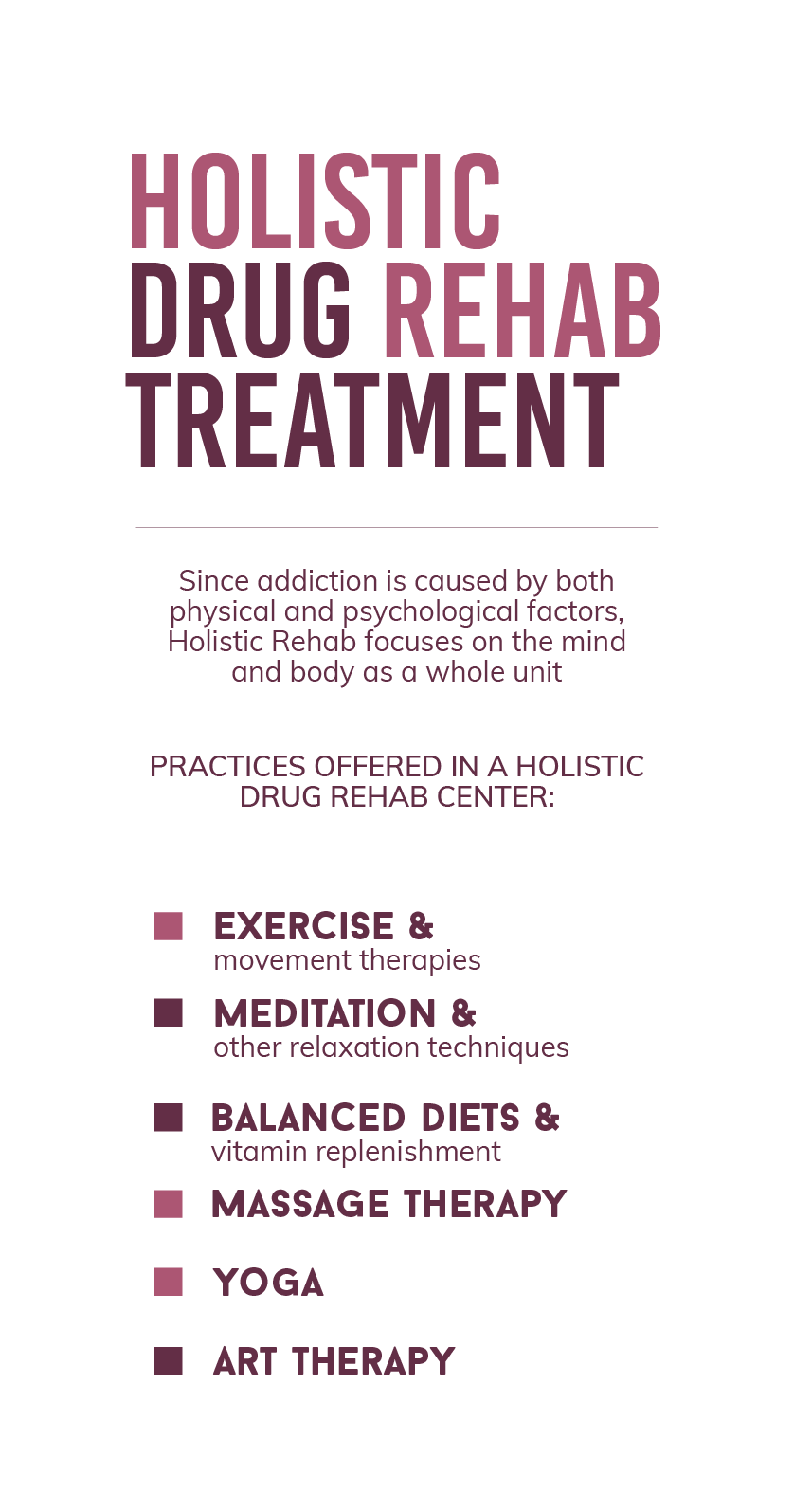Unknown Facts About Drug Rehabilitation
Unknown Facts About Drug Rehabilitation
Blog Article
See This Report about Drug Rehabilitation
Table of ContentsDrug Rehabilitation Things To Know Before You Get ThisA Biased View of Drug RehabilitationGetting The Drug Rehabilitation To WorkSome Known Facts About Drug Rehabilitation.What Does Drug Rehabilitation Do?
This involves dealing with the whole person to make sure that all of the underlying domino effects of the addiction are effectively cared for and corrected. This gives individuals the devices they require for a complete go back to a happy, healthy, substance-free life. Drug addiction "therapy" is a little bit of a deceptive term it suggests that individuals with dependencies are "all much better" after they have received some kind of therapy.Even people with years of effective recuperation need to stay mindful of their potential for regression, and they need to utilize the tools they learned in treatment to avoid it. Words "recovery" additionally suggests that someone is being remedied after misbehaving, which is consistent with culture's stigma about dependency. Drug Rehabilitation. Part of the recuperation process is for individuals with dependencies, and their families, to find out that addiction refers biology and not principles
Besides, transitioning from physical and mental dependency to a healthy and satisfied method of living is a big adjustment. It is necessary that the steps to medicine rehab be properly resolved during the medicine rehabilitation procedure. There are four phases of addiction healing: Dependency evaluation is a particularly essential part of the rehabilitation process.
This becomes part of the underlying psychology of addiction, and it reinforced by fears of apprehension for possession and judgment from friends and family. The analysis procedure requires gaining count on and damaging with that secretive nature. The specific needs to recognize which compounds were made use of and the extent of their material use.
Drug Rehabilitation Things To Know Before You Buy

For many individuals with addictions, worry of withdrawal is a major barrier to leaving their dependency, which concern keeps them from also trying. Thankfully, withdrawal and medication detox do not need to be a dreadful experience. By joining a clinical detoxification program, people can survive the experience safely and comfortably.
For a lot of individuals with compound dependency, their substance usage is no longer regarding obtaining high. Medication rehab is the process where the deep problems around the dependency are useful link identified and resolved.
Some Known Incorrect Statements About Drug Rehabilitation
Rather, it can be said that rehab is the process of exploration, wikipedia reference while what occurs afterward is healing. The addicted mind frequently begins to believe particularly after a duration of time in abstaining that it is alright to attempt alcohol consumption or making use of substances again. This hardly ever functions, and the huge bulk of individuals who attempt alcohol consumption or utilizing medications once again will swiftly finish up where they were previously.

Sober living residences are a specifically reliable strategy to aftercare when a person is discharged from rehab. Individuals and their family members must talk about these options with their therapists while still in rehabilitation. There are different kinds of therapy for addiction, based on the degree of care provided. When picking the level of therapy, the option ought to be based on what will certainly provide the individual the most effective possibility of success in recovery out what the specific wants to do.
This is a poor mix, as it propels many individuals to believe that they can stop making use of drugs or drinking on their very own. Because of this, they might hesitate to see and admit that they call for a higher level of treatment, such as inpatient rehab. Cleansing from a material is not the exact same as therapy for compound dependency.
Drug Rehabilitation Fundamentals Explained
During the process of drug detoxification, people's minds are muddled and they really feel literally and emotionally unwell. They are not receptive to any type of sort of therapy or treatment till their minds clear and they are really see it here feeling better. Also though clinical detox makes the process a lot simpler, it is best to initial emphasis on obtaining through the entire detox procedure before taking further steps.
Like inpatient therapy, domestic therapy uses the healing impact of removing individuals from their useless way of living and environment and placing them in risk-free, healthy and balanced environments. This permits them to reorient their lives and assumed procedures while focusing on distraction-free healing.
People get healing services on-site throughout the day, however go home or to a sober living facility at night. The intensity of the daytime treatment will depend on specific needs and the programs offered at the outpatient facility. A lot of people with severe dependency will likely have better end results in inpatient treatment and rehabilitation.
Our Drug Rehabilitation PDFs
Long-lasting property treatment programs typically utilize a restorative method known as the therapeutic area (TC). This is a technique to re-socializing individuals whose addiction has actually seriously impacted their ability to suit culture. These include people with significant criminal actions, people who are homeless, teens and people with serious psychological health and wellness conditions.
Report this page